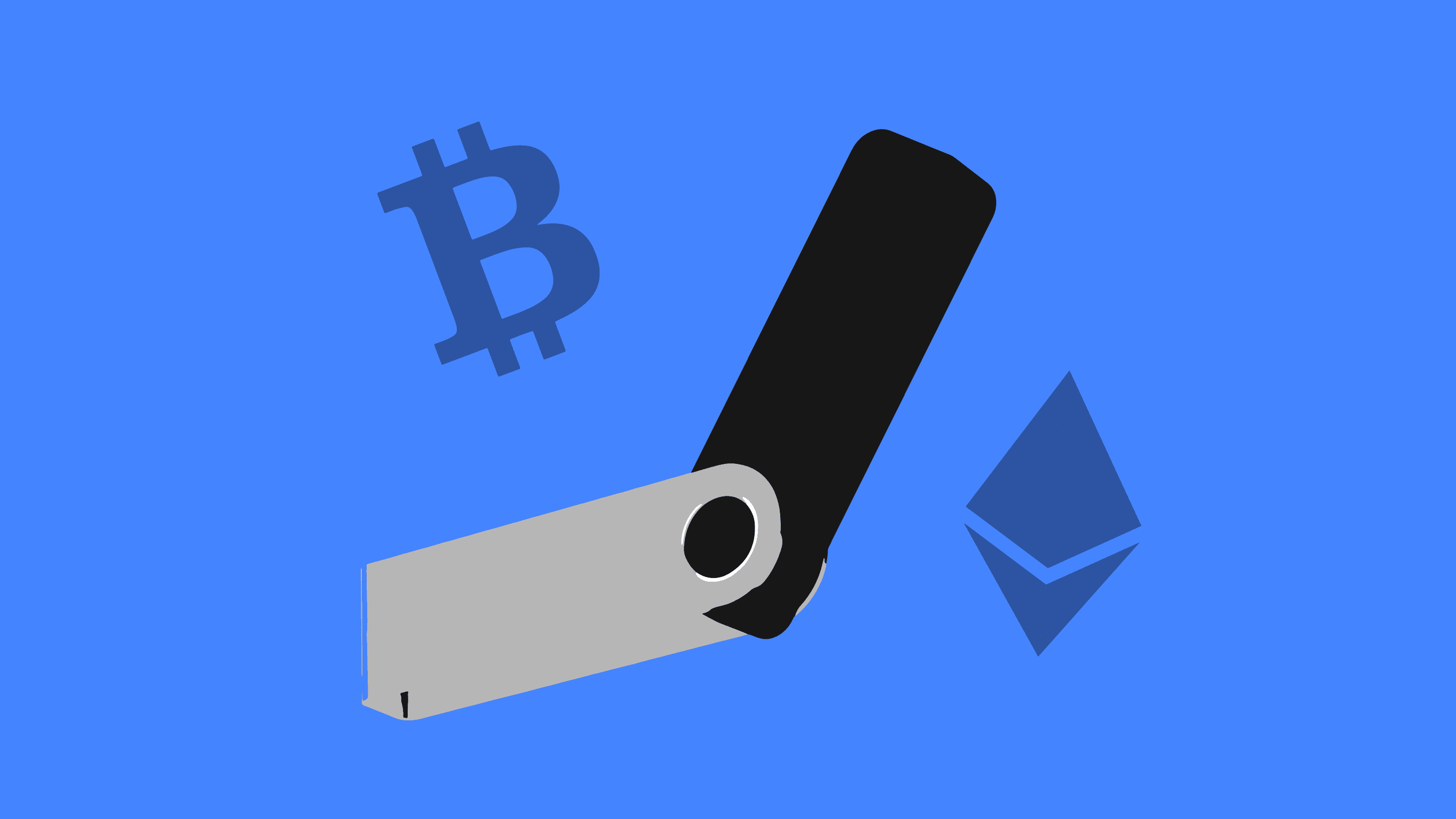Every day we are surprised by new technology. Hardware wallets are one of them. The recent popularity boost of the crypto market created a need for new, fast and safe ways to deal with your digital currencies like Bitcoin and Ethereum. This small device is here to help investors deal with their crypto assets while not feeling so vulnerable. Learn more below!
What is a Hardware Wallet?
A hardware wallet, also known as a cold wallet, is a small device that allows you to assess your digital assets from anywhere. It is similar to a key, but it can be connected to your computer via USB. Inside this tiny device is the key to your digital wallet, so it is like you are carrying your own wallet with you.
If you have assets on more than one blockchain, don’t worry! You won’t need a device for each one. Everything is safe inside the same portable key.
How Does a Hardware Wallet Work?
It might hold a lot of value, but it doesn’t demand that much knowledge from the investor to be set up and used. Have you ever used a flash drive? Then you probably won’t have any problems with this. If you acquired your digital wallet from a safe place, it likely came with an instruction manual. Therefore, you just have to connect it to your computer and follow the instructions on the screen.
It is common for the portable key to come with the software already installed, so you don’t have to worry about that part. When you are ready to use it, wherever you are, you can connect it to a computer, enter your PIN and make any transaction you want.
How Secure is a Hardware Wallet?
A hardware wallet is very secure, mainly because it doesn’t connect any of your keys to the internet. But, obviously, as with any other physical device, you can lose it. In that case, the person would need to know your PIN to have access to your wallet, which is unlikely to happen.
You might wonder how you can get access to your digital currencies if you lose your portable key. Luckily, there is a thing called seed phrases. Seed phrases will allow you to generate a new private key and move all of your keys to a new hardware wallet of your choice.
Can a Hardware Wallet Be Hacked?
Hardware wallets are known to be one of the safest ways of keeping your digital assets, but nothing is ever completely secure. Unfortunately, there are some ways to end up with your hardware wallet hacked. The first thing you need to be sure of is to buy it from a safe place because there have been problems with fake wallets that let the hackers have access to your private key.
By now, you probably understand how crucial your private key is, so be aware of any website that requests it. Many hackers online try to trick people into giving them the information they need to access their crypto. So remember the only person that needs to know your private key is you.
As we said before, if anyone manages to get the physical device, they would need the PIN to take control of your assets. Not surprisingly, some people are already figuring out how to get the hardware wallet hacked if they have it in their hands. So, if the one you bought has the option of adding a passphrase as another form of security, do it to prevent hack attacks.
Where Can I Buy a Hardware Wallet?
Nowadays, you can buy anything you want on the internet, and the cold wallet is not an exception. You will probably find it in several online stores, but don’t go buying from the first place you see, do some research first.
While there are places that sell from different brands, you can go directly to the official website to be safer. Trezor or Ledger, for example, are some of the most recommended ones. You can also go to a local technology store and see all their available options.
How Much Does it Cost?
Safety comes with a price, and depending on the value of your assets, you might not be able to avoid this cost. However, there is a wide variety of models on the market, with prices starting at $40 up to almost $200.
Hardware Wallet vs. Software Wallet
There is a simple way of explaining the hardware wallet vs. software wallet difference: the first one is physical, and the second one works online. A software wallet is also known as a hot wallet, and you can install it on any device you want, like your phone, computer, or tablet.
Since it works through the internet, it is easier to be hacked. But, on the other hand, it can be more convenient for users since you don’t have to carry another thing with you.
Trezor vs. Ledger: Which One is Better?
There are two big hardware wallet companies, and users are constantly entering the Trezor vs. Ledger argument with new information and opinions.So, which one is better? Check out some factors to consider!
Currencies
One of the main concerns is the support for different currencies. While both allow investors to work with various crypto, Ledger has an advantage when we see the numbers. It is open to more than 1800 currencies, but Trezor is not that far, with almost 1700.
Material
The size will vary depending on the model you choose, but Trezor offers a bigger display with an LCD touchscreen when comparing similar ones. However, these models are made of plastic, and Ledger offers products made of steel, which is more resistant.
Security
Both brands offer safe products. All products work offline to stay away from online hackers and are set up to request a PIN before accessing the wallet. They also provide passphrases as additional security. One interesting feature present in all models is the possibility of having hidden accounts.
You can have a main account and a few other ones, so if someone threatens you with giving them your password, you can provide one that provides access to a hidden account with only a few digital assets.
Price
Basic models have a similar price, but when talking premium, Trezor can go up to $189 and is more expensive. Ledger’s most expensive model costs $149, and you can get accessories to facilitate the experience.








